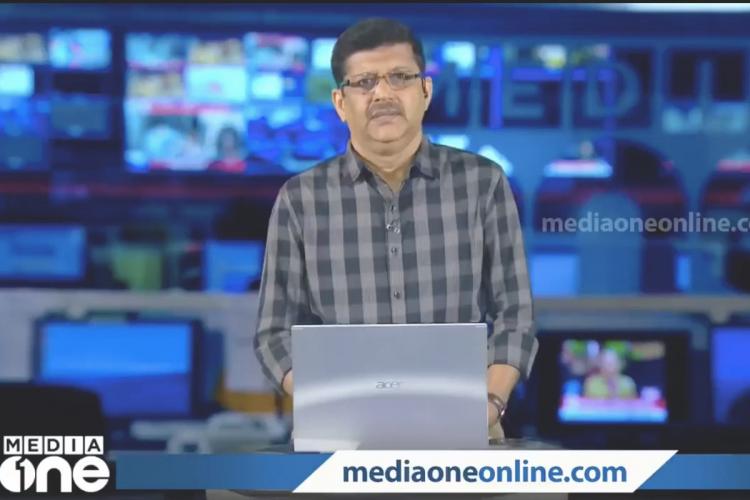
Lawyers, journalists dismayed by Kerala HC’s verdict in Media One case

The Kerala High Court on Tuesday dismissed the petition of Malayalam channel Media One TV challenging the Union government’s order barring its transmission after the Ministry of Home Affairs (MHA) refused security clearance for renewal of the channel’s licence. The channel subsequently went off air.
“The national security is an executive responsibility, where Legislature and Judiciary have only complementary roles.” Justice N Nagaresh arrived at this conclusion after perusing a set of Supreme Court judgments establishing that the principles of natural justice cannot be strictly observed when it comes to matters of national security.
Some experts on law, however, disagreed with the court’s conclusion. One said the HC had failed to see the true spirit and scope of a recent Supreme Court judgment (Manohar Lal Sharma Vs Union of India, popularly known as the Pegasus judgment), which categorically made it clear that “the State does not get a free pass every time when the spectre of national security is raised”.
“This judgment comes as a shock, not only to the common people but even to lawyers,” Advocate Kaleeswaram Raj said. “Governments using the tools of national security against anything and anyone they dislike sets a very dangerous trend, which is highly detrimental to the existence of democracy,” Raj said. “A media organisation cannot function in a clandestine manner. There are conclusive methods to keep checks and balance – to scrutinise anything including the content, revenue, source of funding, etc. Leaving them clueless as to why they have been penalised is a complete denial of natural justice.”
The HC, while upholding the ban, relied mainly on two judgments: Ex Armymen Protection Services Vs Union of India and Digi Cable Network Vs Union of India. As quoted by Justice Nagaresh, the first judgment states: “What is in the interest of national security is not a question of law. It is a matter of policy. It is not for the court to decide whether something is in the interest of the State or not. It should be left to the Executive.”
Does that mean that the Executive’s decisions are beyond judicial scrutiny?
“Even the 2014 judgment in the ex-armymen case is not fair in law,” said M R Abhilash, a Supreme Court lawyer. “Executive can take such an authority in very unusual situations such as war, armed rebellion or emergency. But in usual course, the blanket of national security cannot be used to curtail the principles of natural justice,” he told The Federal.
Harish Vasudevan, a lawyer at the Kerala HC, also questioned this authority given to the executive. “Who is this executive? They are only officers working under an elected government. We all know that such officers keep loyalty to the ruling party or government. In the judgment, the division bench of the high court had a duty to explain which committee of officers has taken the decision not to give security clearance to Media One and on what basis.”
Lawyers also expressed concern over the judiciary giving undue importance to guidelines rather than statutes. “Even the judgment in the ex-armymen case may not be applicable here. The matter of national security was upheld against the principles of natural justice, based on Indian Aircraft Act and relevant rules. But in this case, the court pronounced a verdict rejecting one’s right to know the reasons for banning only on the basis of some guidelines issued by the Ministry of Home Affairs. This sets an unfair precedence,” Abhilash told The Federal.
“The Kerala High Court judgment makes passing mention of the interim order of the Supreme Court in the Pegasus matter, noting that that judgement dealt with privacy and had little to do with press freedom. But the Supreme Court judgment actually very clearly links privacy to freedom of the press and the freedom of confidentiality of sources, which has been overlooked by this judgment,” said Sashi Kumar, former editor of Asianet Television and the founder of Asian College of Journalism.
“In recent times, ‘security’ has become a weapon for the government. By using national security in a broader sense, the voice of those questioning is being crushed. Security has become a ‘dark zone’ but it is not known whose darkness it is. Someone is strangled and then the person who died is held responsible, saying that he was a threat to security,” Ravish Kumar, senior executive editor of NDTV, told The Federal.
“The Supreme Court has talked about freedom of the press in many of its decisions in recent times. It was believed that the court would come forward in protecting the freedom of the press, especially in this era when journalists are being attacked. This attack is happening not only on the institutions of Delhi, but the same pattern is being repeated in the states,” he said.

